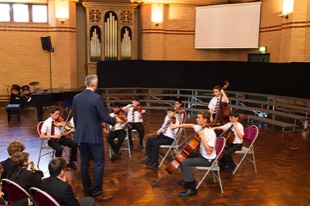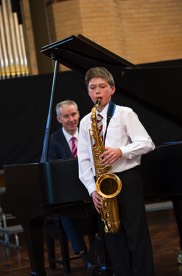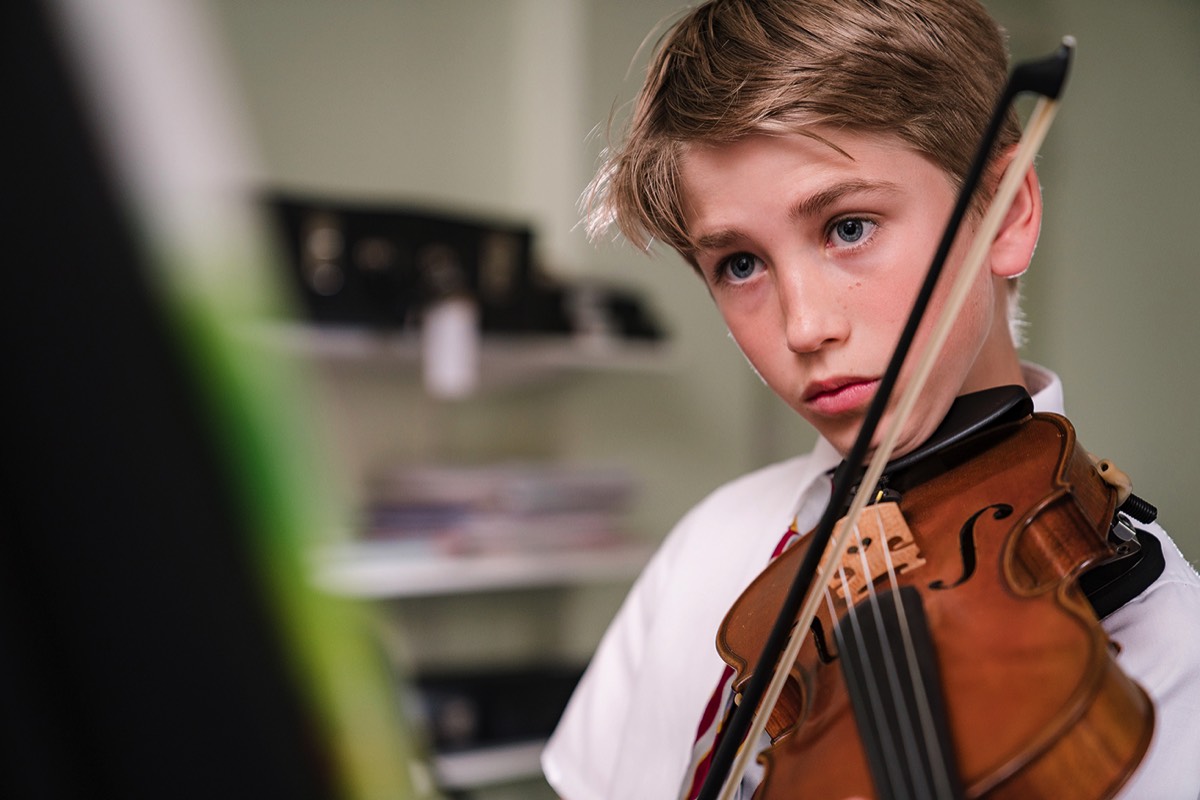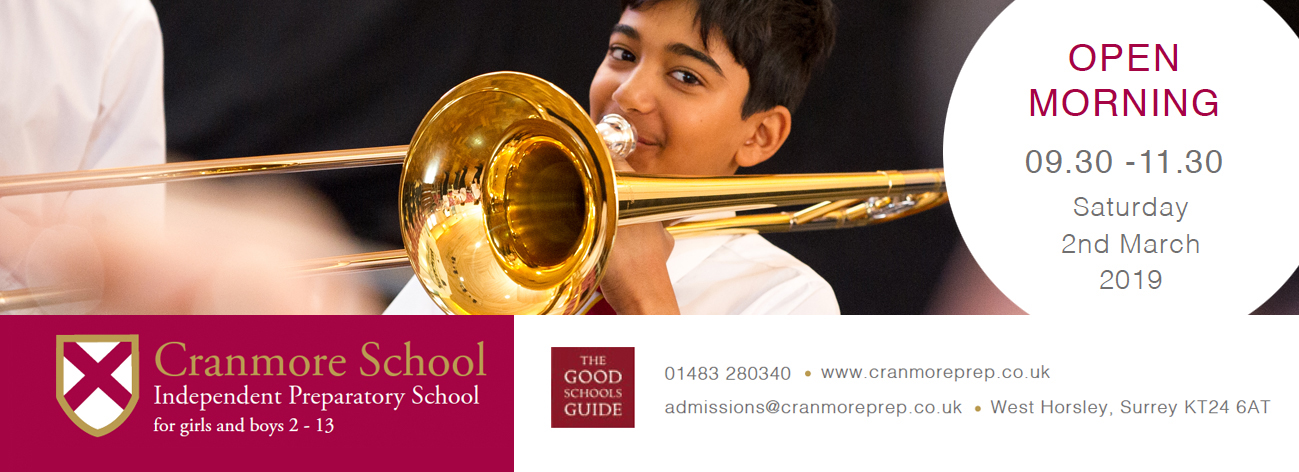EDUCATION
Surrey’s Premier Lifestyle Magazine
Supporting the performing arts
Cranmore School headmaster, Michael Connolly, considers why the performing arts are essential to the curriculum.

Addressing the House of Lords, he bolds claimed that “Music in this country is now facing an existential crisis which only urgent radical action from government will be able to reverse.” Indeed, this should not have been a shock as the media had already identified a worrying trend. It was an authoritative journal – The Economist – which highlighted this issue a year ago with the depressing statistic that typically only one in 20 children will sit GCSE in music.


The creative opportunities which music, drama and dance provide are essential in any curriculum. As well as the enjoyment and skills which children develop from these activities, one must not forget the teamwork involved which further enhances pupils’ communication and social skills. It does seem that we are always ready to heap praise on talented individuals in sport, but we should give full and equal credit to those children who achieve great things in the performing arts through their own hard work and commitment.
essence info
Cranmore SchoolEpsom Road, West Horsley KT24 6AT
Telephone: 01483 280340
Email: admissions@cranmoreprep.co.uk
Website: www.cranmoreprep.co.uk
ADVERTISEMENT FEATURE
Images courtesy of Cranmore School
